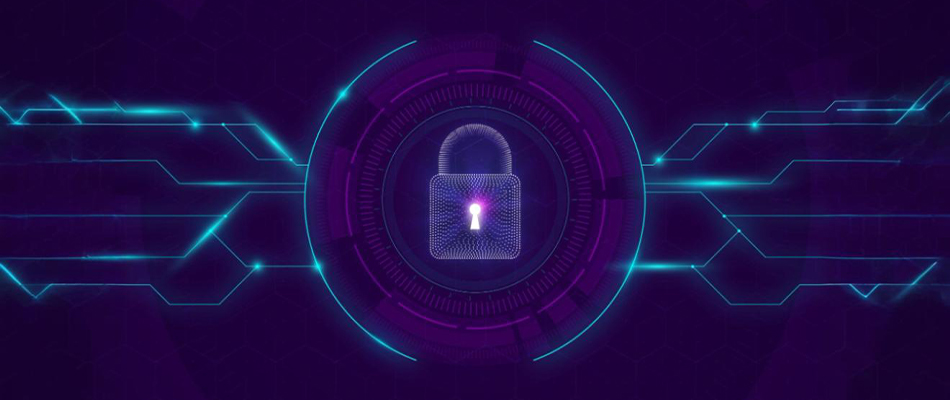Is Cybersecurity Being Replaced by AI?

The rise of artificial intelligence brings both hope and worry. Many people now ask – is cybersecurity being replaced by AI?
This topic grows stronger as companies depend more on automated systems. The world needs quick defence, but it also needs human skill. The balance between both shapes the future of digital safety.
AI tools now scan systems, find risks, and spot threats at high speed. They bring huge support to teams handling large networks. This shift makes people think about AI impact on cybersecurity jobs, but there is more to the story. Humans still guide the whole plan, take hard calls, and understand complex attack patterns.
AI brings new strength, but human judgment still stands firm. This mix defines modern work in cyber defence.
In this article, we will explore how this mix works, how jobs will change, and whether AI will replace cybersecurity professionals in the years ahead.
How AI Helps Cybersecurity Today?
AI improves speed, accuracy, and threat detection. It works without breaks and keeps watching systems at all times. This makes defenders react early and stop risks before they spread.
AI supports teams in tasks like:
- Detecting unusual activity
- Blocking threats in real time
- Spotting patterns in large data
- Predicting risky actions
- Reducing manual effort
These features help create stronger and safer systems. They also prepare teams for the future cybersecurity vs AI automation environment, where tools and humans work side by side.
AI reduces the time spent on routine work. This gives experts more space to focus on deeper problems. The combination leads to faster results, safer networks, and less pressure during large attacks.

Why AI Will Not Fully Replace Humans?
While AI tools are powerful, they cannot fully understand intent, emotion, or context. Cyber attackers think in creative ways. They shift plans quickly and often use social tricks. AI cannot respond to these fast, unpredictable changes like a human.
Reasons humans remain essential:
- AI cannot fully understand behaviour or motive
- AI depends on clean data.
- Attackers can fool AI systems.
- Creative planning still needs human minds.
- Ethical decisions require judgment.
This is why the question “Is cybersecurity being replaced by AI?” has a simple answer: no, but jobs will change.
Humans guide strategy and make decisions during challenging situations. AI only follows patterns and rules. A team with both is stronger than one with only one.
Read about Are you the right fit for the cybersecurity career?
How AI Changes Cybersecurity Jobs?
AI brings new tools that improve work. But it also changes how experts operate. The AI’s impact on cybersecurity jobs includes a greater focus on advanced tasks and less on repetitive ones.
AI changes job roles in these ways:
- Routine tasks become automated
- Analysts focus on a deeper threat study.
- New roles appear in AI monitoring.
- Teams need skills in AI tools.
- Cybersecurity becomes more strategic.
The fear that AI will replace cybersecurity professionals is understandable. But in reality, AI creates new space for growth. Jobs shift, but they do not disappear. People who learn to use AI grow faster in their careers.
Read about how to become a cybersecurity analyst in Zimbabwe.
Key Differences: Human Cybersecurity vs AI Automation
AI brings speed and automation, while humans add judgment and creativity. Both play different roles in cyber defence. Understanding these strengths helps teams build a balanced approach that better protects systems.
The table below shows the key differences between human experts and AI tools. It also shows why the future cybersecurity vs AI automation approach depends on teamwork, not replacement.
|
Feature |
Humans |
AI |
|
Creativity |
High |
Low |
|
Speed |
Moderate |
Very high |
|
Pattern Detection |
Moderate |
Strong |
|
Context Understanding |
Strong |
Weak |
|
Emotional Insight |
Strong |
None |
|
Risk Prediction |
Medium |
High |
|
Adaptability |
Strong |
Limited |

Future of Cybersecurity With AI
The future brings more smart tools that detect threats quickly. Teams will use AI to manage large networks, predict attacks, and respond faster than before. The blend of human and machine drives new safety standards.
The future will focus on:
- Smarter automated defence systems
- Predictive models that stop attacks early
- Rapid response tools
- More skilled professionals handling AI tools
- Stronger global security networks
The AI impact on cybersecurity jobs will stay positive for those who learn new tools. Roles expand, tasks evolve, and experts gain more power with the help of AI.
Read about how long it takes to complete a cybersecurity course.
How Digital Regenesys Helps You Learn Cybersecurity?
Digital Regenesys makes cybersecurity learning clear, simple, and beginner-friendly. The Cybersecurity Certification Course guides learners with short lessons, clean examples, and easy explanations. Complex security concepts are broken down into small steps that anyone can follow with ease.
The course offers:
- Step-by-step cybersecurity learning.
- Simple modules for beginners.
- Practical tasks for real protection skills.
- Clear examples and short explainer videos.
- Support that helps you learn at a natural pace.
Digital Regenesys helps you build strong confidence in cybersecurity. It prepares you for modern roles where human skills, critical thinking, and smart tools work together to protect systems from threats.

Conclusion
The question ‘Is cybersecurity being replaced by AI?’ leads to a deeper look at how humans and machines work together. AI will not remove cybersecurity jobs, but it will reshape them. It adds speed and power to systems, while humans bring creativity, judgment, and strategy.
The balance of both builds a stronger defence for the future. People who learn AI skills and cybersecurity skills together will grow faster and lead the next wave of digital protection.
Join Digital Regenesys today to upskill your cybersecurity career. Learn with expert guidance and enhance your skills with the growing trend.
Last Updated: 2 February 2026
